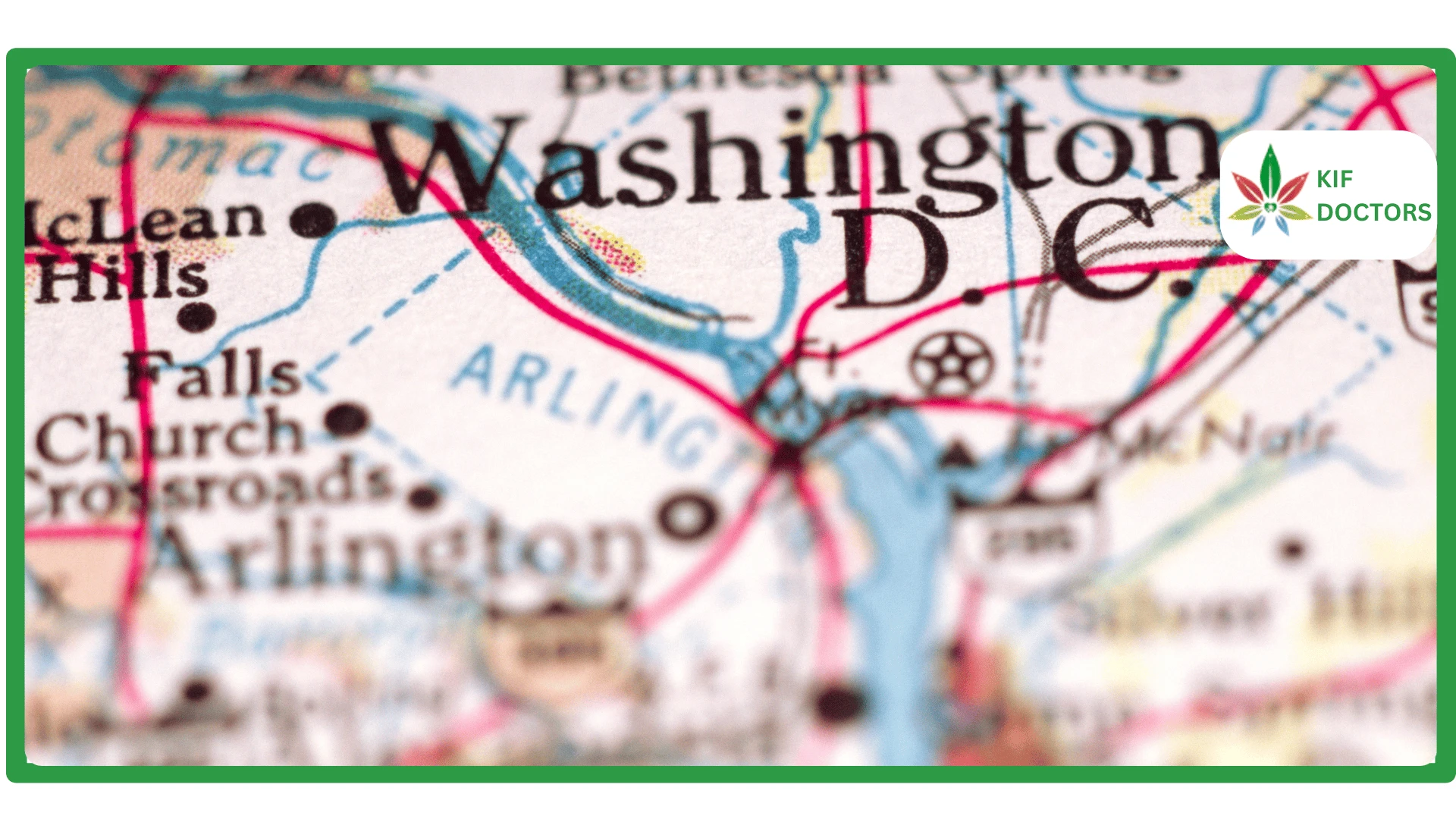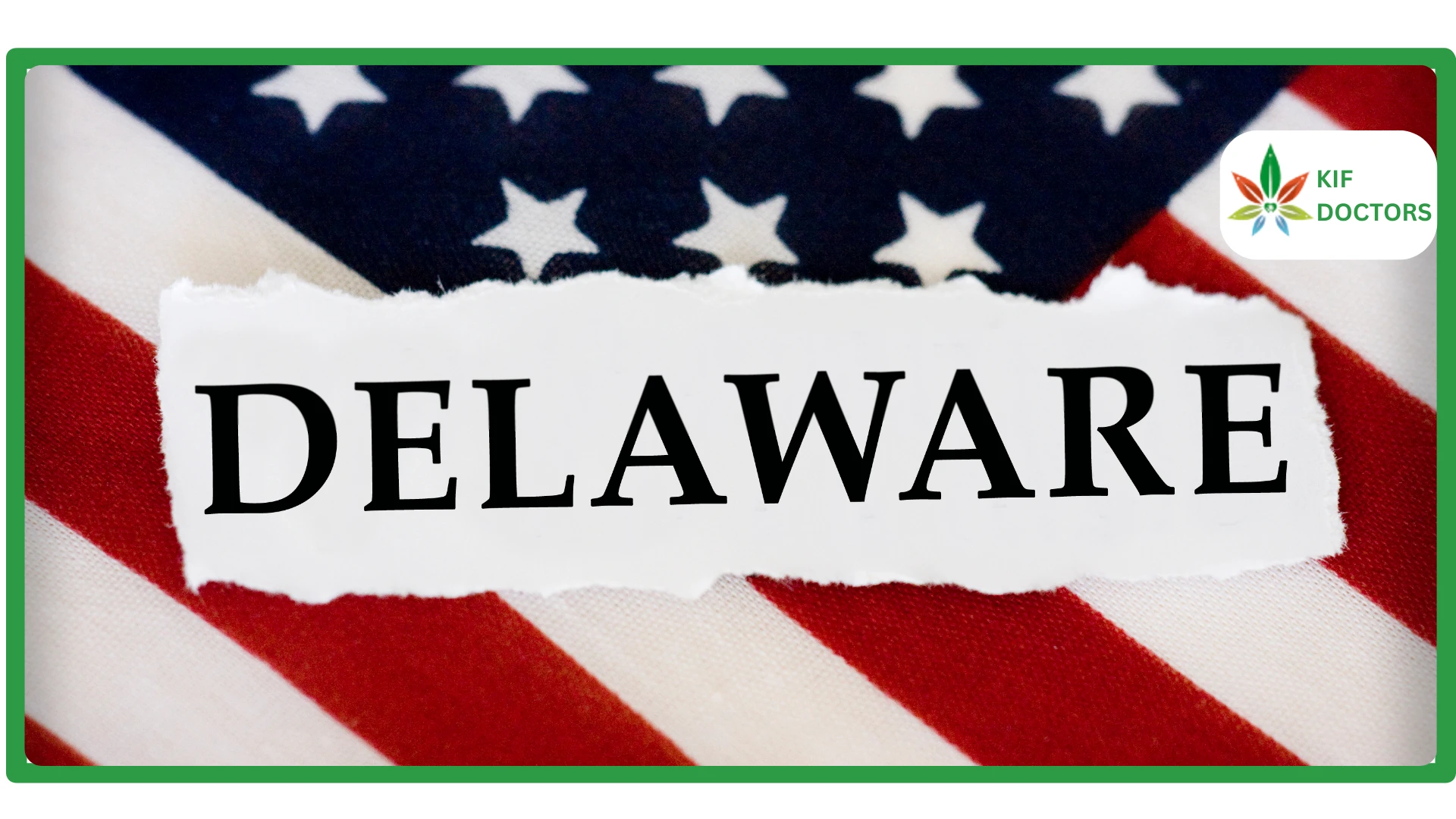Spironolactone is a potassium-saving diuretic that is normally used to treat hypertension, but in most cases, it is being administered for its hormonal effects. Spironolactone is frequently used off-label for this function since it inhibits certain hormones in the body known as androgens. In some situations, preventing androgens, such as testosterone, can be useful because they are involved in the development of some male characteristics like severe acne.
Spironolactone only stops androgens from acting normally by preventing them from binding to their intended target (androgen receptors). It does not really reduce the body's amounts of androgens.
Are there any interactions that could cause excessive levels of spironolactone?
No, we are not aware of any interactions that could lead to this result. Smoking marijuana can affect how your liver metabolizes other medicines because the enzymes in the liver are responsible for metabolizing cannabis (and the compounds inside it). However, spironolactone is not metabolized by the enzymes that cannabis and its smoke impact, therefore there is no interaction with metabolism. In short, you can consider consuming cannabis as a safer option. Always check with your doctor or chemist before beginning any new prescription medication, over-the-counter medicines, vitamins, or herbal supplements to be sure it's safe to take.
Are there any interactions that could make spironolactone ineffective?
Although there is conflicting information on the subject, there is a theoretical possibility that cannabis consumption may make spironolactone ineffective. It is well known that cannabis affects the levels of several hormones, particularly androgens. By taking spironolactone, you are attempting to prevent the same hormones known as androgens.
It is possible that frequent cannabis use will raise your androgen levels but it is completely hypothetical. Research on cannabis' effects on androgen levels is contradictory, though. In certain research, cannabis use is linked to higher androgen levels, whereas in other studies, it is linked to lower levels. As a result, we are unable to provide you with a definitive yes or no because more research is required.
Taking Spironolactone With CBD Oil
Although marijuana includes hundreds of distinct substances, THC (tetrahydrocannabinol) and CBD (cannabidiol) are the two most important ones. When it comes to treating a variety of diseases and problems, CBD oil has become incredibly popular. THC and CBD both affect how your liver metabolizes particular medications, which results in drug interactions.
Please be aware that CBD oil, even if it contains no THC, can have a substantial impact on how your liver metabolizes drugs and other substances. But it doesn’t mean that it will affect your spironolactone prescription, it's a good idea to check the interactions for any medications you now use or want to use while using CBD oil.
Although CBD oil by itself is generally safe, it has a significant impact on how other drugs are metabolized. Your blood levels of that medicine may become either too high or too low after using CBD oil.
Conclusion
Overall, it should be safe to smoke marijuana while taking spironolactone. We really can't say for sure how this would affect your spironolactone therapy until we have further data on cannabis' impacts on androgen levels.
 Since 2021, Kif offers a streamlined platform to get a medical marijuana card online. We have served more than 45K patients across the United States. Sign Up Now to get the right to use medical cannabis for your health condition without any delay.
Since 2021, Kif offers a streamlined platform to get a medical marijuana card online. We have served more than 45K patients across the United States. Sign Up Now to get the right to use medical cannabis for your health condition without any delay.
























